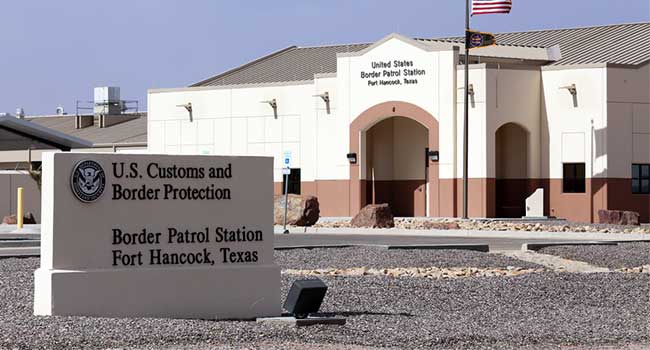
Security Lapses Found at Border Patrol Facilities
- By Sydny Shepard
- Feb 19, 2016
Security issues were found at nearly all of the U.S. Customs and Border Protection’s remote facilities along the Southwest border, according to a Department of Homeland Security Inspector General report released to the public Feb. 18.
Inspectors visited seven of the 11 facilities, known as “Forward Operating Bases,” in the El Paso, Rio Grande Valley and Tucson regions. Three of the 11 were not operational at the time of the inspection. Six of the seven facilities had security lapses, such as inoperable security cameras as well as ongoing challenges with providing safe drinking water to personnel. One of the facilities also had inadequate living conditions.
The operating bases are very remote CBP facilities built to reduce the response time for Border Patrol agents working in harsh areas of the border region. They are also intended to increase law enforcement presence in the area.
Four of the bases did not have fully functioning closed-circuit security camera systems, which are required by CBP rules to allow agents on guard duty to monitor the facility and grounds. The inspectors also found that customs officials were not performing all the required inspections of the facilities and didn’t keep the necessary documentation of repairs. A camera at one of the facilities had been broken since August of 2014 and still hadn’t been repaired at the time of the April 2015 investigation.
The report states that because of the location of these facilities, so close to the border, it is imperative that they have necessary security measures.
CBP agreed with all of the recommendations made in the report and said it is taking the necessary steps to fix the problems, including camera repairs and upgrading fence gates.
“U.S. Customs and Border Protection (CBP) is committed to ensuring the health and well-being of all employees, including those assigned to the remote Forward Operating Bases (FOB) that represent a vital component of Border Patrol operations,” said Michael Friel, CBP Director of Media.
The agency had already begun to take many of the steps needed, such as identifying water contamination and moving agents to a newly constructed facility while upgrades were being met, said Friel.
About the Author
Sydny Shepard is the Executive Editor of Campus Security & Life Safety.